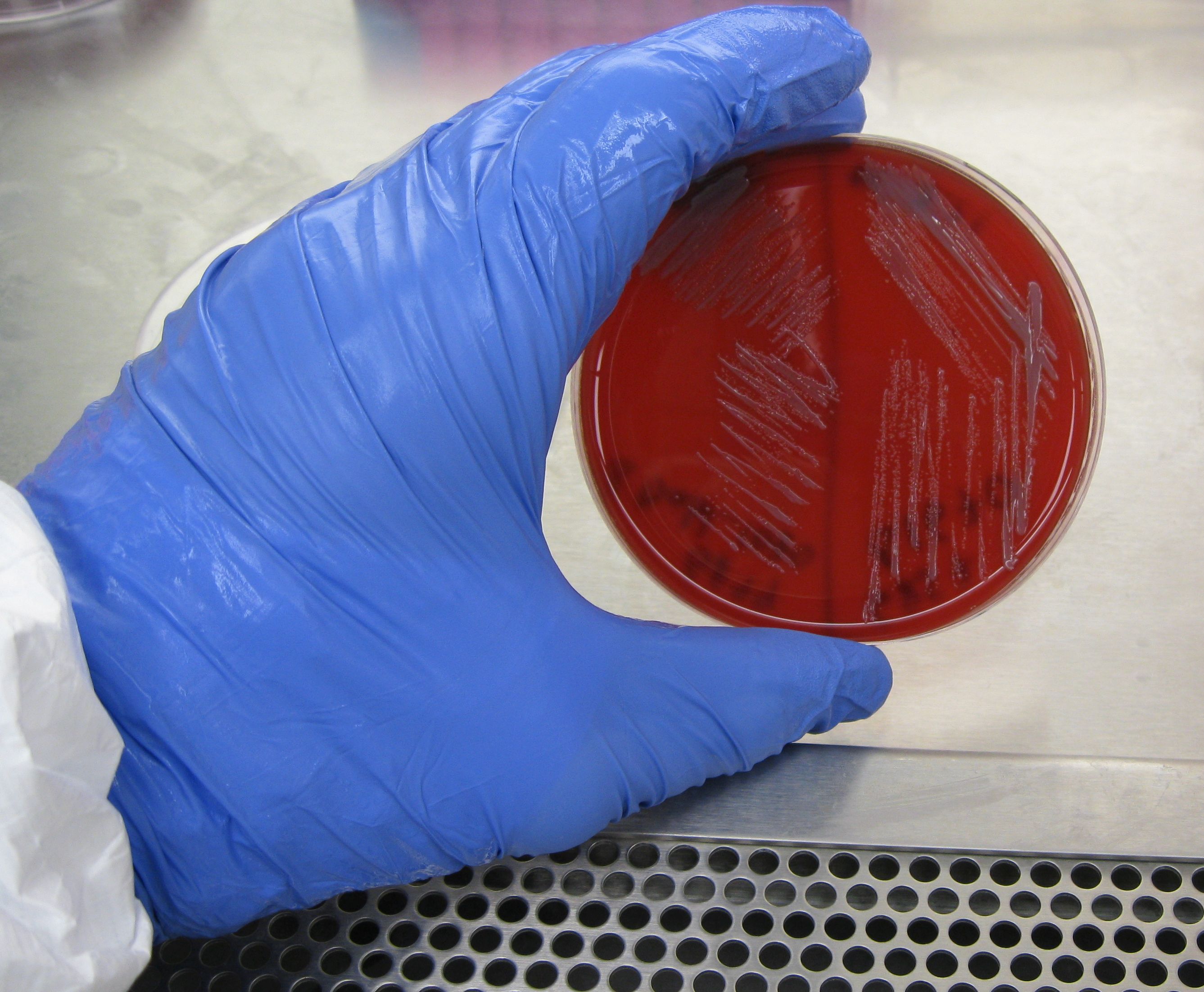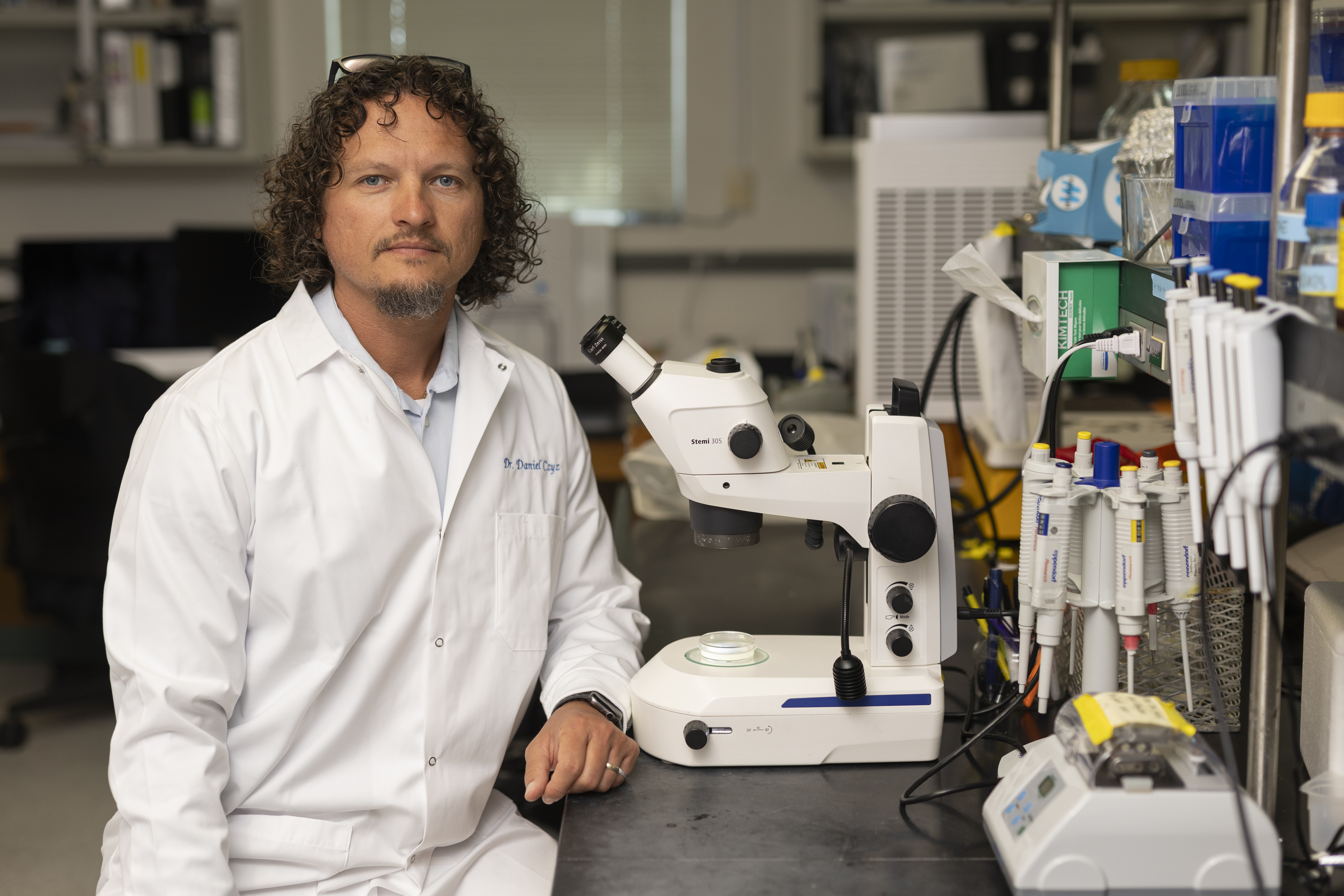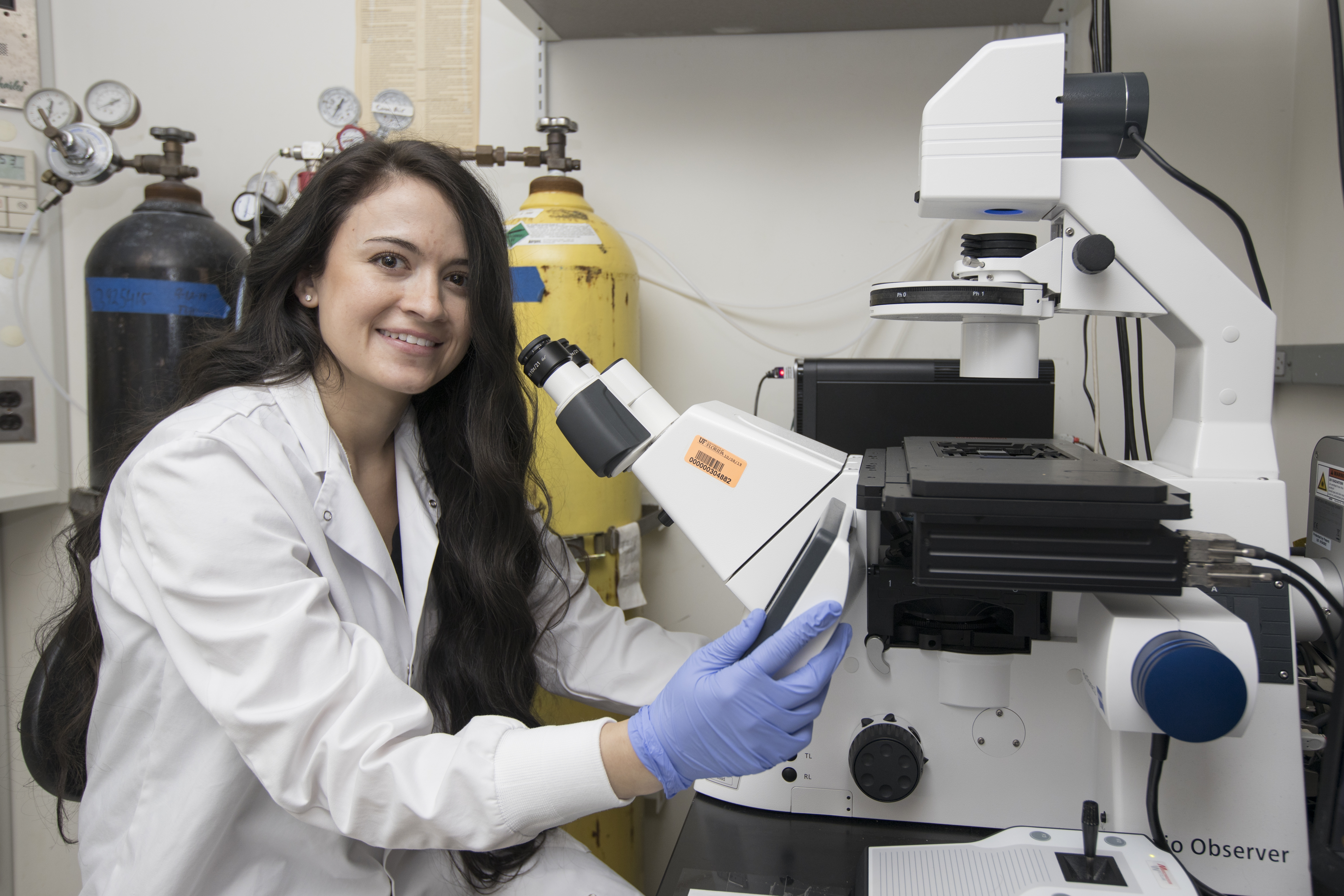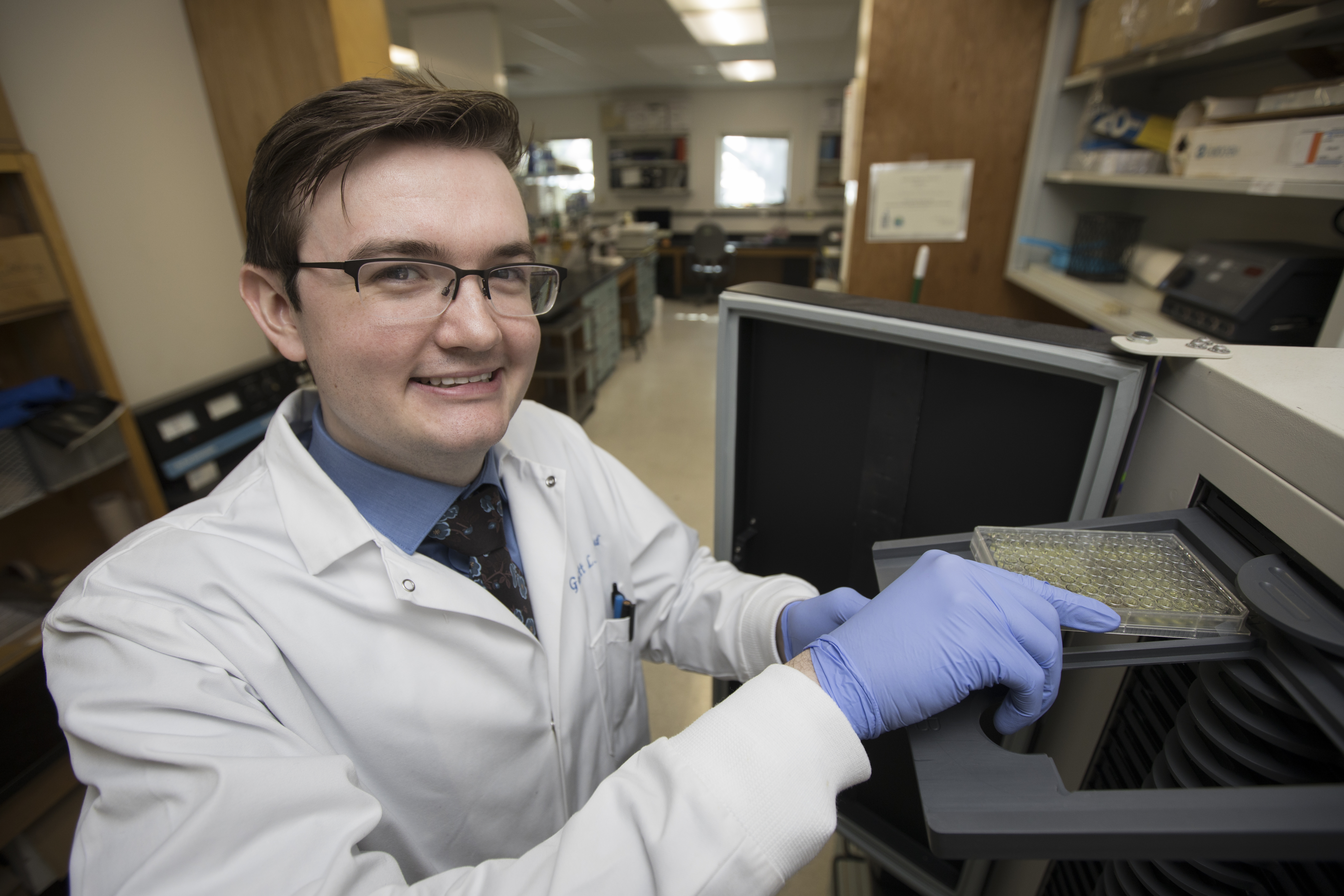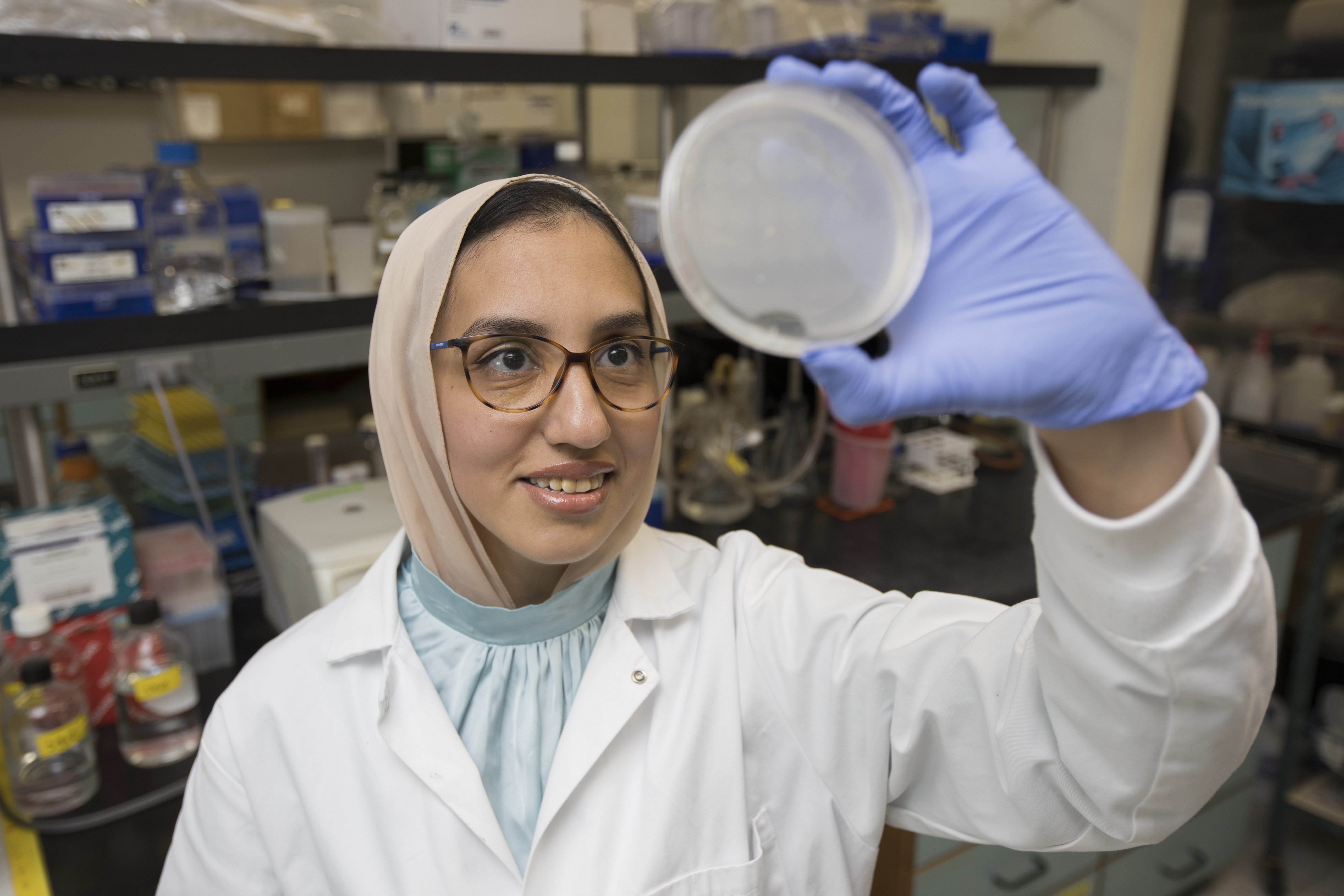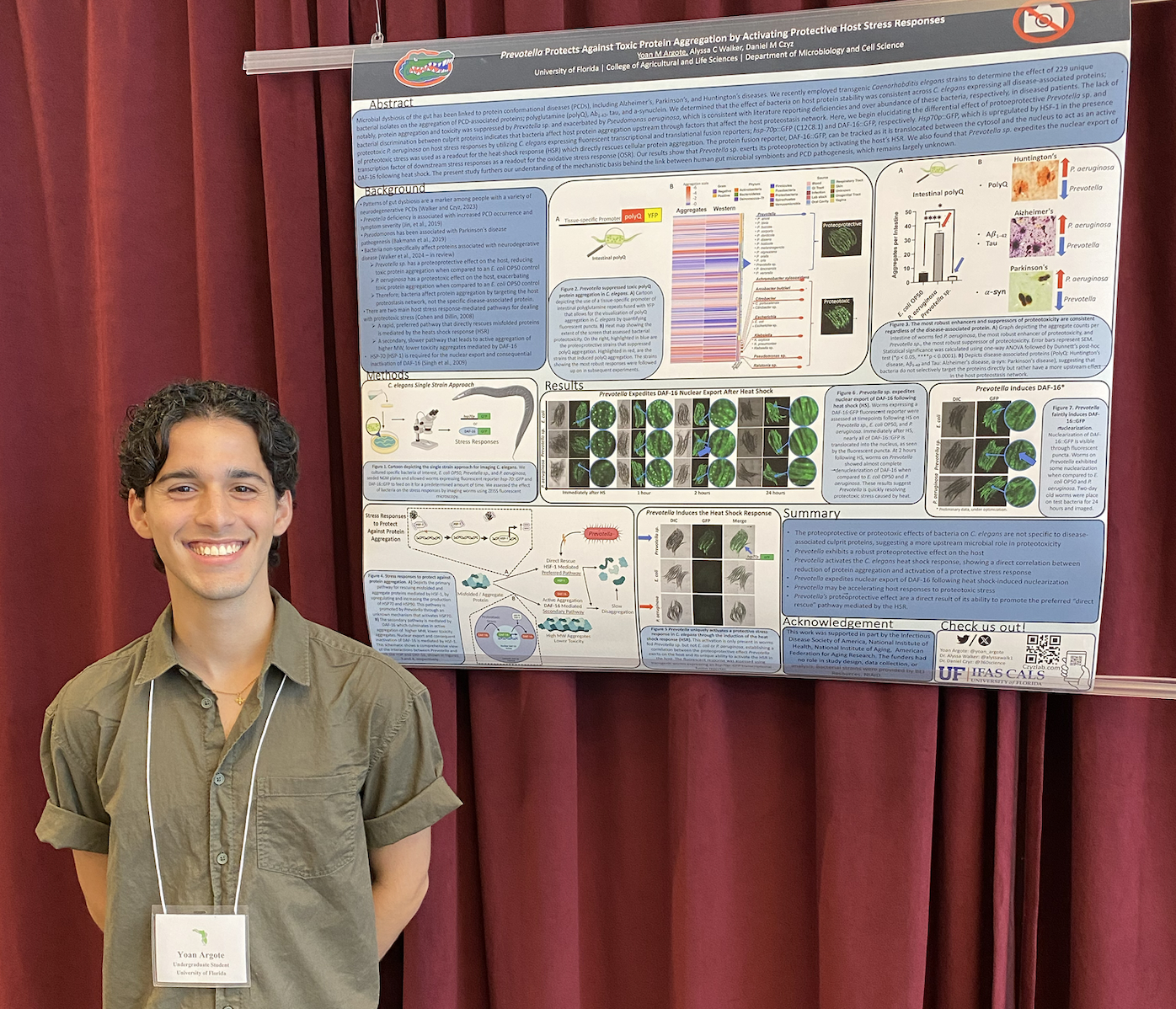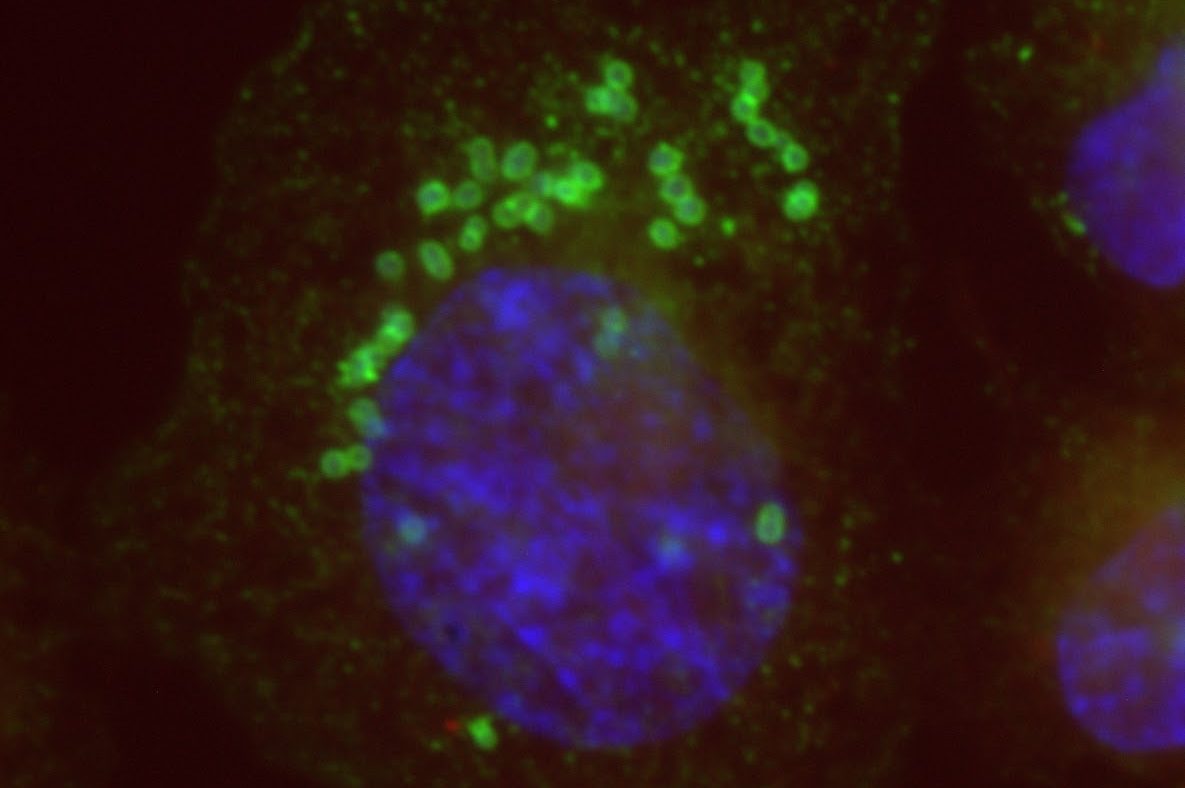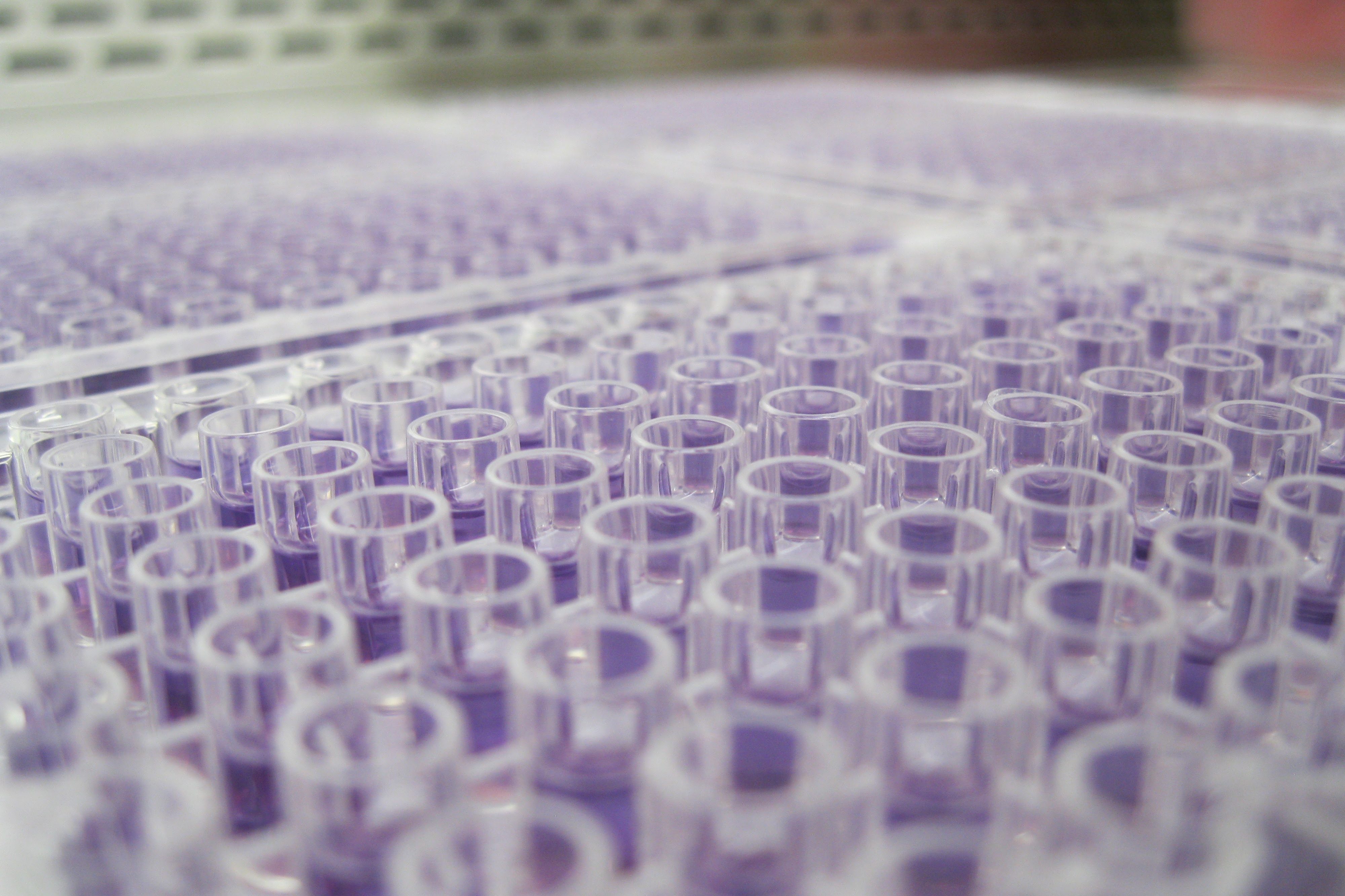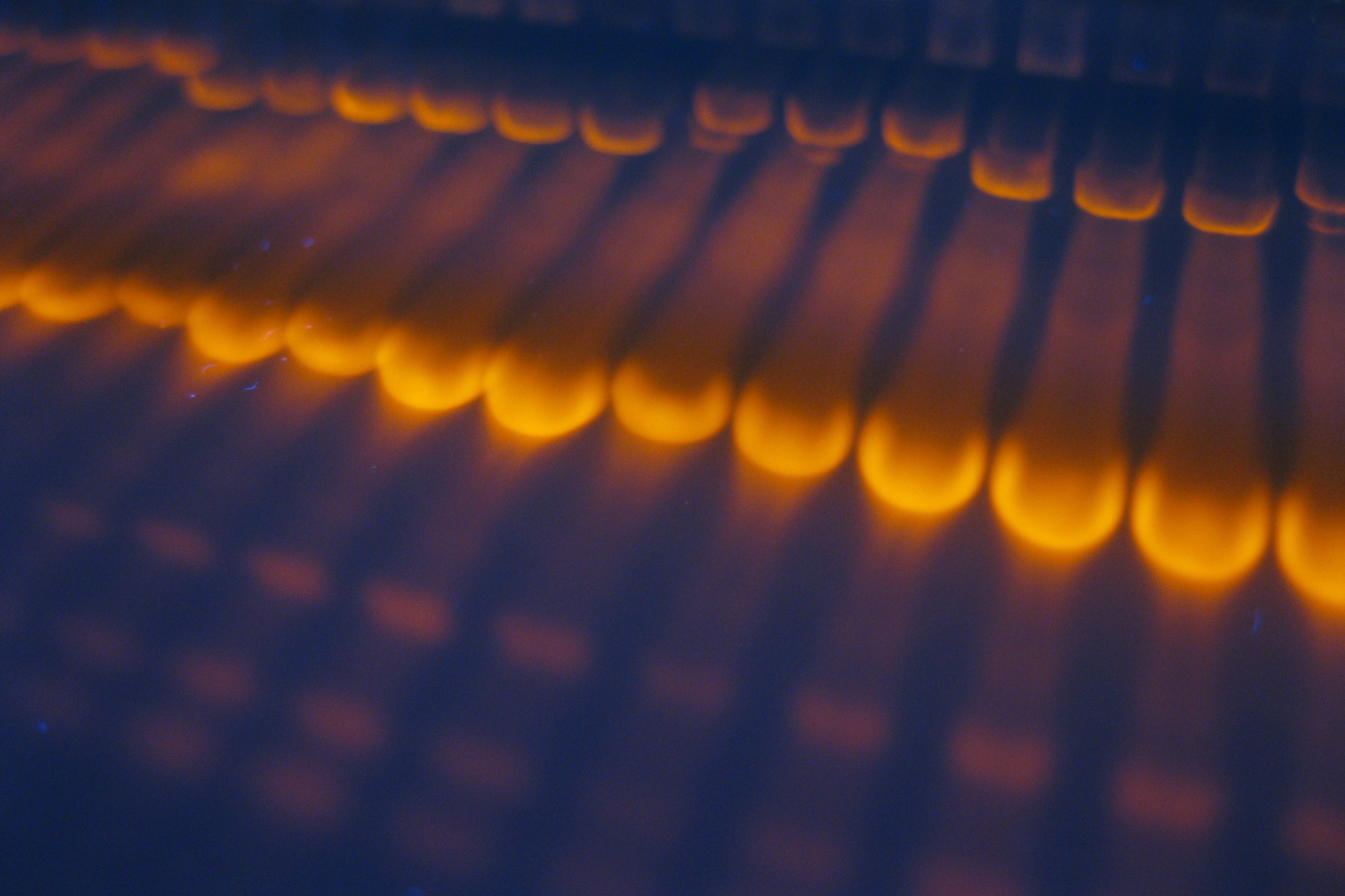Antimicrobial Resistance
Our ultimate goal is to find effective alternatives to antibiotics. We have identified a novel way to enhance the ability of the host to clear infections by antibiotic-resistant bacteria
Protein Conformational Diseases
Our ultimate goal is to prevent and treat neurodegenerative diseases. We are identifying bacteria and their respective signals that affect host protein homeostasis
What is
Antimicrobial resistance
“the ability of a microorganism to stop antimicrobial from working against it” – WHO
Antibiotics
Lack of novel antibiotic classes leads to limited treatment options
Resistance
Constantly increasing resistance poses a threat on a global scale
Bacterial Infections
It is estimated that by 2050, antibiotic resistance will claim 10 million lives annually
Our Approach
Targeting the host and bacterial resistance mechanisms allows us to circumvent antibiotic resistance
How is
Human microbiota linked to neurodegeneration?
Somehow bacteria that are part of our very own microbiome affect the way proteins fold in our brains. Among many factors, antibiotics, diet, and aging affect our microbiota. A dysbiosis of the human gut microbiota has been linked to neurodegeneration. A number of factors may be contributing.
Inflammation
Increased presence of Gram-negative bacteria can trigger chronic inflammation that was shown to enhance neurodegeneration
Aggregation-prone proteins
Bacteria can secrete amyloid-like proteins that disrupt host proteostasis. Such proteins can migrate from the gut into the brain
Displacement
Bacteria from various microbiome sites (i.e. oral) were found in brains of patients with neurodegeneration
Our Approach
We employ the C. elegans intestine as a test tube to study the effect of bacterial colonization on host proteostasis
Past Members
Shelby Harding, BS
Undergraduate – 2018 Fall
Neelesh Bapatla, BS
Undergraduate – 2018/1019
Nelson Gonzalez, BS
Undergraduate – 2019
Lillianne Marcheggiani, BS
Undergraduate – 2018-2019 (Honors Thesis)
Natalia Andraka
Undergraduate – 2019 Fall
Emily Donahue, BS
Undergraduate – 2019-2020
Benjamin Hoffman, MS
Technician– 2018-2020
Adrienne Hernandez, BS
Undergraduate – 2018-2020
Emily Herring, BS
Undergraduate – 2019-2020
Troy Benvenuto, BS
Undergraduate – 2019-2020
Sagnik Ghosh, MS
Data Scientist– 2021 Spring
Carol Navya Pagolu
Data Scientist – 2021
Rohan Wanare
Data Scientist – 2021
Youssef Sadek
Undergraduate – 2021
Samantha Enslow, BS
Undergraduate – 2021
Valeria Molinary
Undergraduate – 2021
Anika Hedrich
Undergraduate – 2021
Alfonso Vaziriyan-Sani, MS
Undergraduate – 2018 Fall
MS Graduate – 2020-22
Elena Encinas, BS
Undergraduate – 2021-2022
Rohan Bhargava
Undergraduate – 2019-2022
Shazaib Mughal
Undergraduate – 2022-23
Wren Dees
Undergraduate – 2021-22
Amanda Bailey
Undergraduate – 2022-2023
Jacob Best, BS
Technician – 2022-2024
Autumn Dove, PhD
PhD Graduate – 2018-2023
Amanda Brust, BS
Undergraduate – 2021-2023
Nilay Bhavsar
Undergraduate – 2023
Dominika Dzurny, BS
Undergraduate – 2021-2023
Brenton Guerrieri
Undergraduate – 2022-2023
Robert Handy, BS
Undergraduate – 2021-2023
Aiden Rotondo
Undergraduate – 2023-2024
Learn more about our projects
Antibiotic Resistance
We employ in vitro tissue-culture models to identify modulators of bacterial entry, inhibitors of intracellular survival, and enhancers of the immune response
Proteostasis
We study host-pathogen interaction using C. elegans
Alternatives
We employ non-traditional approaches to target AMR in Gram-negative bacteria, specifically P. aeruginosa. Such approaches include specific targeting of bacteria by phages and restoring the efficacy of antibiotics by inhibiting efflux pumps.
